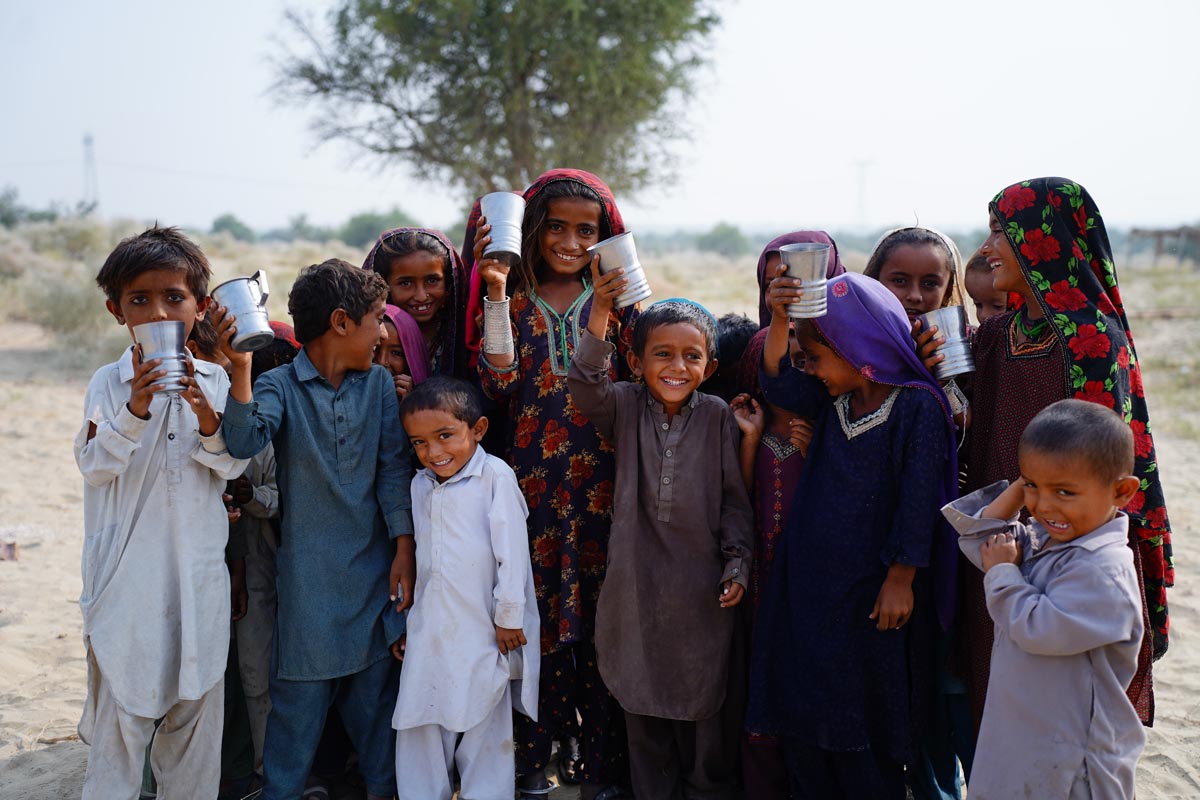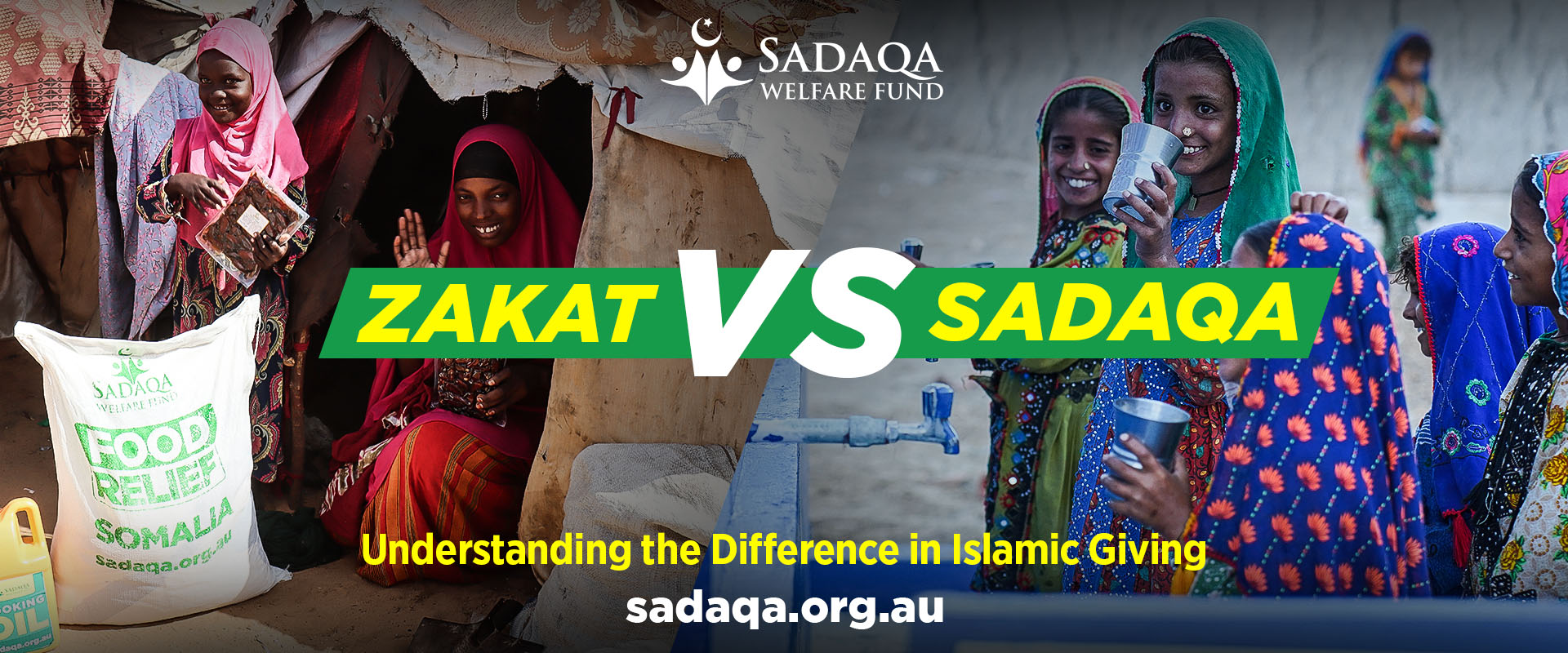Can Zakat be given to family members?

Can Zakat Be Given to Family Members? Rules for Muslims in Australia
When you’re ready to pay Zakat, it’s natural to think of relatives who may be doing it tough. Islam places huge value on family ties (silat ar-rahim), and giving to relatives can carry extra reward. But Zakat has clear rules: you can give Zakat to some family members — and you cannot give it to others.
This guide explains who qualifies, common edge cases, and how to calculate and donate Zakat in Australia with confidence.
Quick answer: Yes — but not to relatives you’re obligated to financially support
You can give Zakat to certain relatives (like siblings, aunts/uncles, cousins, nieces/nephews) if they are genuinely eligible (poor/needy, etc.).
You cannot give Zakat to:
-
your parents/grandparents
-
your children/grandchildren
-
your spouse
If you want to help those relatives, you can still support them through Sadaqa (voluntary charity) instead.
Who you CAN give Zakat to in your family
You may give Zakat to family members who fall into the eligible categories (for example, the poor/needy, those in serious hardship, etc.) and who you are not Islamically required to maintain.
Common examples of eligible relatives:
-
Brother or sister
-
Aunt or uncle (maternal or paternal)
-
Cousins
-
Niece or nephew
-
In-laws (for example, a brother-in-law or sister-in-law) if they are eligible and you are not required to support them
Giving to relatives can be especially rewarding. A well-known hadith mentions that giving to a relative combines charity with maintaining kinship ties.
Who you CANNOT give Zakat to (your dependents)
Zakat can’t be used as a “replacement” for the people you’re already responsible for.
You generally cannot give Zakat to:
-
Parents / grandparents (and upward)
-
Children / grandchildren (and downward)
-
Your spouse
If your parents, children, or spouse need help, support them from your normal wealth and/or Sadaqa.
Common edge cases Australian Muslims ask about
If my relative lives with me, can I still give them Zakat?
Yes, if they’re eligible and you’re not obligated to maintain them — but make sure it’s a real transfer of ownership (it can’t be “Zakat” that just circulates back to your household expenses).
Can I give Zakat to my adult sibling if I sometimes help them financially?
Often yes, if you’re not Islamically required to maintain them and they truly qualify. (If the situation is complex, it’s worth checking with a scholar for your madhhab.)
What if my relative has debt?
If their debt is genuine and they fall into eligible categories, they may qualify — but eligibility matters more than the label “debt”.
How to confirm your relative is actually eligible (Asnaf)
Zakat must go to eligible recipients from the categories mentioned in the Qur’an (commonly summarised as the Asnaf). If you’re unsure whether a relative qualifies, check the eligibility rules first.
How to pay Zakat correctly in Australia (simple steps)
1) Check Nisab first (this determines whether Zakat is even due).
2) Calculate your Zakat amount (assets minus eligible liabilities, then 2.5% if above Nisab).
3) Use a Zakat Calculator to calculate quickly and confidently.
4) If you decide to donate through a trusted charity, choose a Zakat-eligible donation page and donate Zakat online.
FAQ: Can Zakat be given to family members?
Can I give Zakat to my brother or sister?
Yes, if they qualify and you’re not obligated to maintain them.
Can I give Zakat to my parents?
No — support parents through normal spending and/or Sadaqa.
Can I give Zakat to my children?
No — children are your responsibility.
Can I give Zakat to my spouse?
Generally no.



